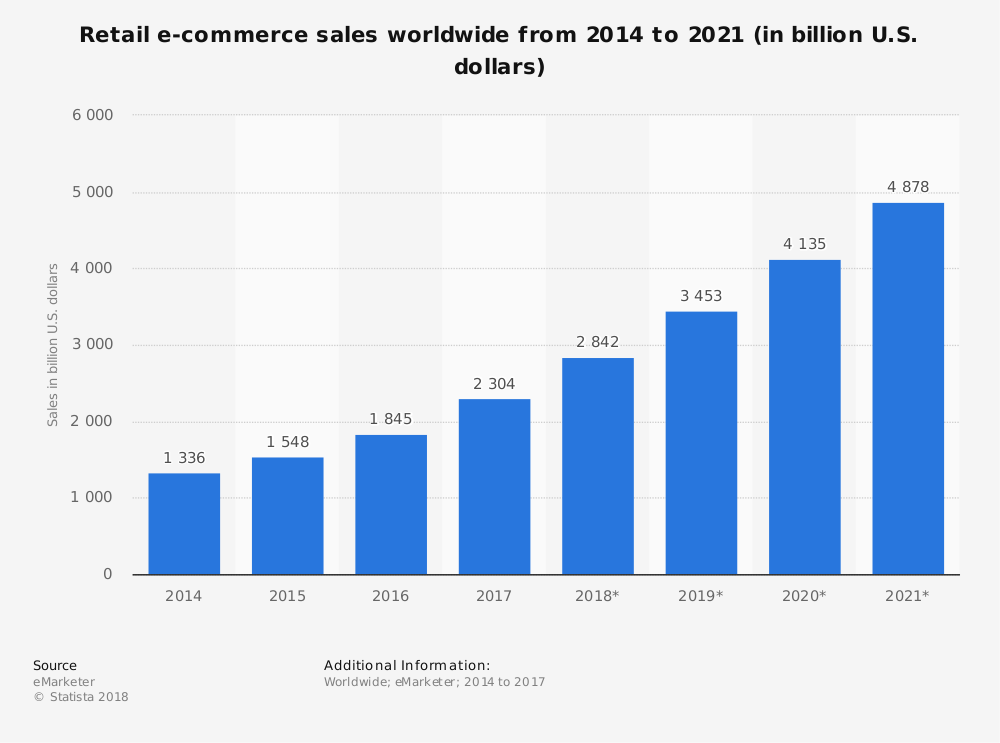The recycling business has for a while now been prompting speculations on how the future will look like, with advances in the processing of paper, plastics, and metal. The society has become concerned with environmental sustainability efforts, which raises the curiosity of how the recycling business will be like, come 2019 onwards.
The trend of recycling has been on the rise all over the world, with many retailers opening up to sell used phones and tablets online rather than just in stores in their local regions. Further, new technologies have for a while coming into the picture to help create a sustainable future, which is a big deal for recycling business.
But, where exactly is the recycling business headed to?
More technologies for recycling
So far, a lot of the growth has been noted in thermal technologies and biological technologies. For example, the Controlled Thermal Conversion is a technique to ensure extraction of heat energy and materials from paper sludge (a waste product recycled from paper). According to research by Grand View Research market analyst, the global market for turning waste into power is expected to reach $37.64 billion by 2020.
In light of this, you can look for Software business for sale, as well as start a recycling business. If you check out the graph below by e-marketer, the recycling business is set to scale retail e-commerce sales worldwide in 2019 and the years to come.

Involvement of more parties in recycling
Much as technology is making work easier, in the recycling business, technology cannot replace people. For a long while now, the recycling business has been reserved for the few business owners of these factories and left up to the consumers to bear the burden of recycling. However, the recycling business has grown so much to cut across different nations of the world, prompting the involvement of more parties.
Ideally, retailers who sell products in unrecyclable packages may face a challenge in the near future. For example, some developing countries have seen the involvement of the government in burning the use of plastic papers, and instead using recyclable bags. Soon, the recycling responsibility might be on the policymakers and retailers, as much as it is on consumers, which may mean that regulations will tighten worldwide.
The growth of more commodities
As manufacturers struggle to find a grip of their profit margins through the tough times of dumpy price of products like paper and plastics, still, the future connotes a growth of commodities. For instance, it is highly likely that governments in Europe and other developed areas will focus on developing more technologies for aluminum recycling throughout the world, given that up to 30% of food in developing countries go to waste because of inadequate packaging.
In fact, it is highly possible to witness the growth of newer commodities, as technology and innovation keep the recycling business on toes.
The recycling business may face hitches year after year, but the future is quite bright, with more demand for recyclable items, more involvement of the people, and higher profit margins for these business owners.





